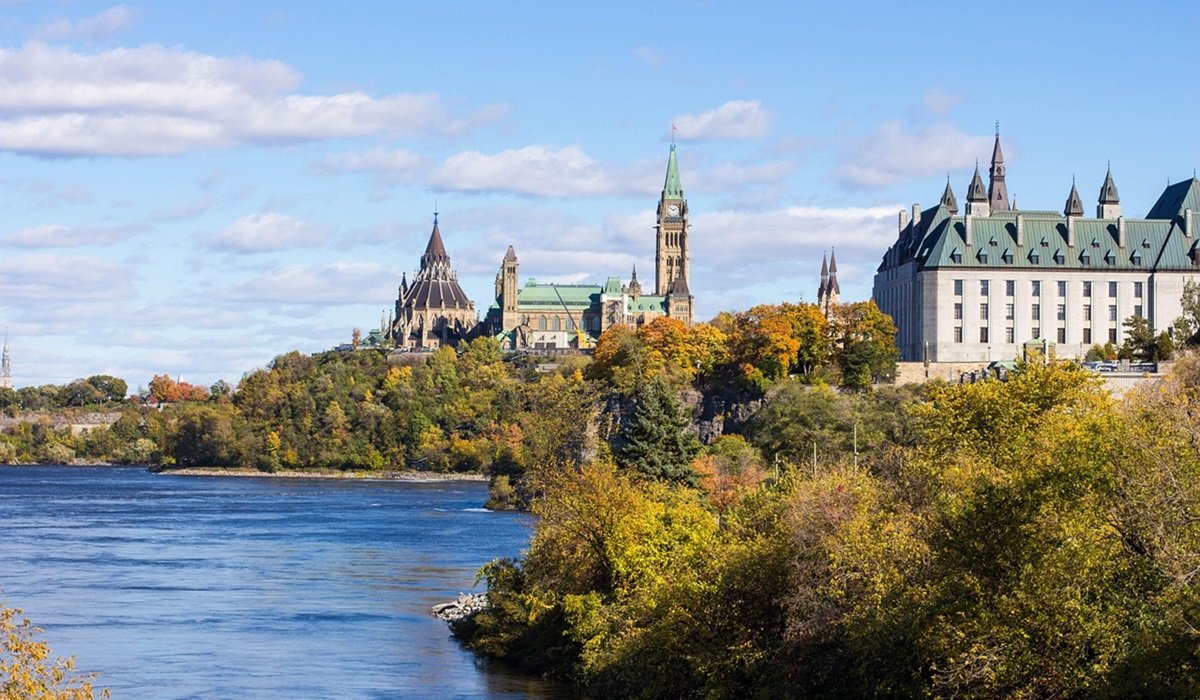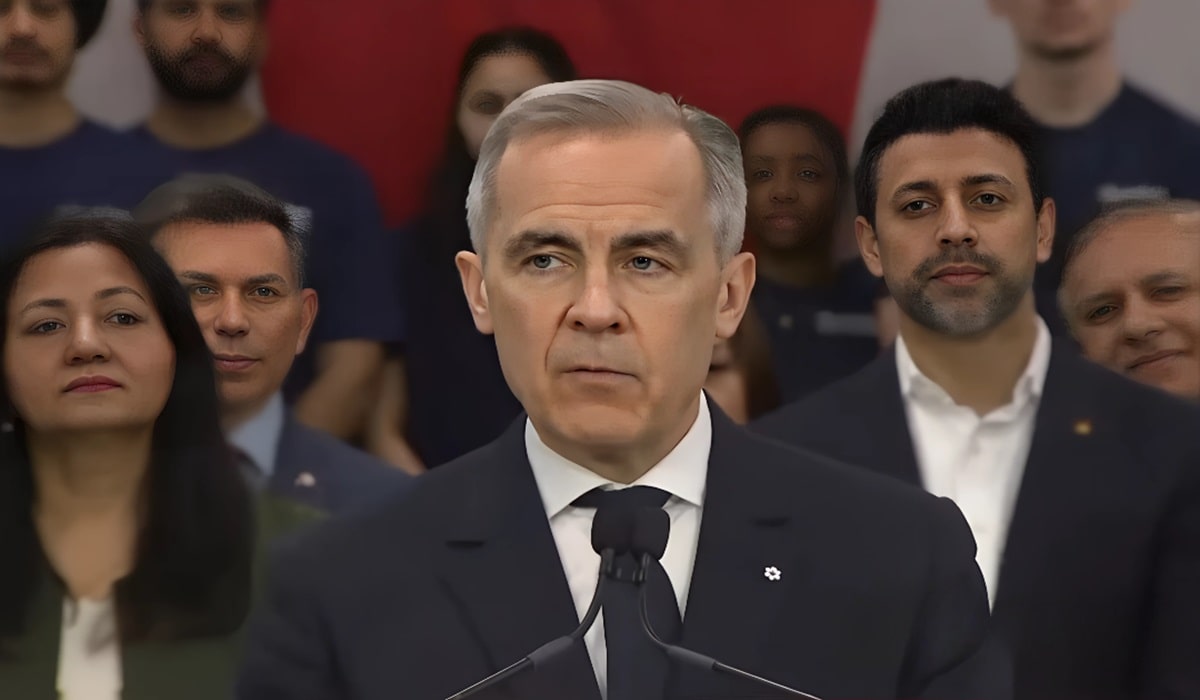Green Party Booted from Federal Debates: A Strategic Silencing Disguised as “Fairness”
- TDS News
- Canada
- April 16, 2025

The Green Party of Canada has been officially disinvited from participating in the upcoming federal leaders’ debates—an exclusion cloaked in a procedural excuse but reeking of calculated suppression. The justification offered by the debate commission? The Greens aren’t fielding a full slate of candidates in every riding. But let’s not pretend this is about rules. It’s about optics, control, and silencing an inconvenient voice in a manufactured narrative.
This isn’t a one-off policy enforcement. Far from it. Every election features parties that fail to run a candidate in every single riding. Yet this technicality has never been used so blatantly to exclude a federally recognized party with a long parliamentary history and representation. The real reason is simpler and far more cynical: the major parties don’t want the Green Party on stage. Full stop.
Why? Because the Green Party—despite branding missteps and a historically limited communications game—has consistently put forward some of the sharpest, most forward-thinking policy platforms of any federal party. They’ve championed ideas like universal basic income, Indigenous-led climate strategies, an end to corporate welfare, and comprehensive electoral reform. And they’ve been doing this for decades, long before such policies became fashionable talking points. But the public rarely hears any of it. Instead, they get the same recycled caricature: tree-huggers, climate radicals, impractical idealists.
This is where the Green Party continues to sabotage itself. Their messaging remains stuck in the early 2000s, obsessed with being “green” when they should be breaking out of that box altogether. Environmentalism is not their only offering, yet it remains the core of their brand. They’ve failed, time and time again, to convince Canadians they are a full-spectrum policy party—one with credible solutions on health care, housing, digital rights, Indigenous justice, and public infrastructure. But the name—Green—acts like a straightjacket. Fair or not, it signals to many voters a single-issue platform, not a government-in-waiting.
And the major parties know this. They know that if a Green leader shows up on that stage and starts talking circles around them about affordability, wealth concentration, climate adaptation, and foreign policy, the curtain is pulled back on how shallow their own platforms really are. They don’t want to be challenged by a candidate who brings evidence, data, and an actual roadmap to the table. The debate stage has become less about democratic engagement and more about curating a safe space for centrist consensus.
So here’s the play: deny access under a technicality, feign neutrality, and preserve the illusion of balance. That’s not governance—it’s stage management.
To be clear, the Green Party bears its share of responsibility. While they have an impressive intellectual backbone and deeply rooted values, they’ve failed to evolve their image, modernize their communications, or aggressively rebrand for relevance. That failure keeps them vulnerable to this kind of exclusion. But make no mistake: their removal from the debates wasn’t inevitable—it was intentional.
It’s one thing for the Green Party to suffer from poor marketing. It’s another for that weakness to be exploited by those who fear real competition. Canadians deserve to hear all credible political voices—especially the ones who challenge the status quo and speak truths others are too timid to touch.
Shutting the Greens out of the debate doesn’t serve democracy. It serves the old guard. And it’s time we stop pretending otherwise.








